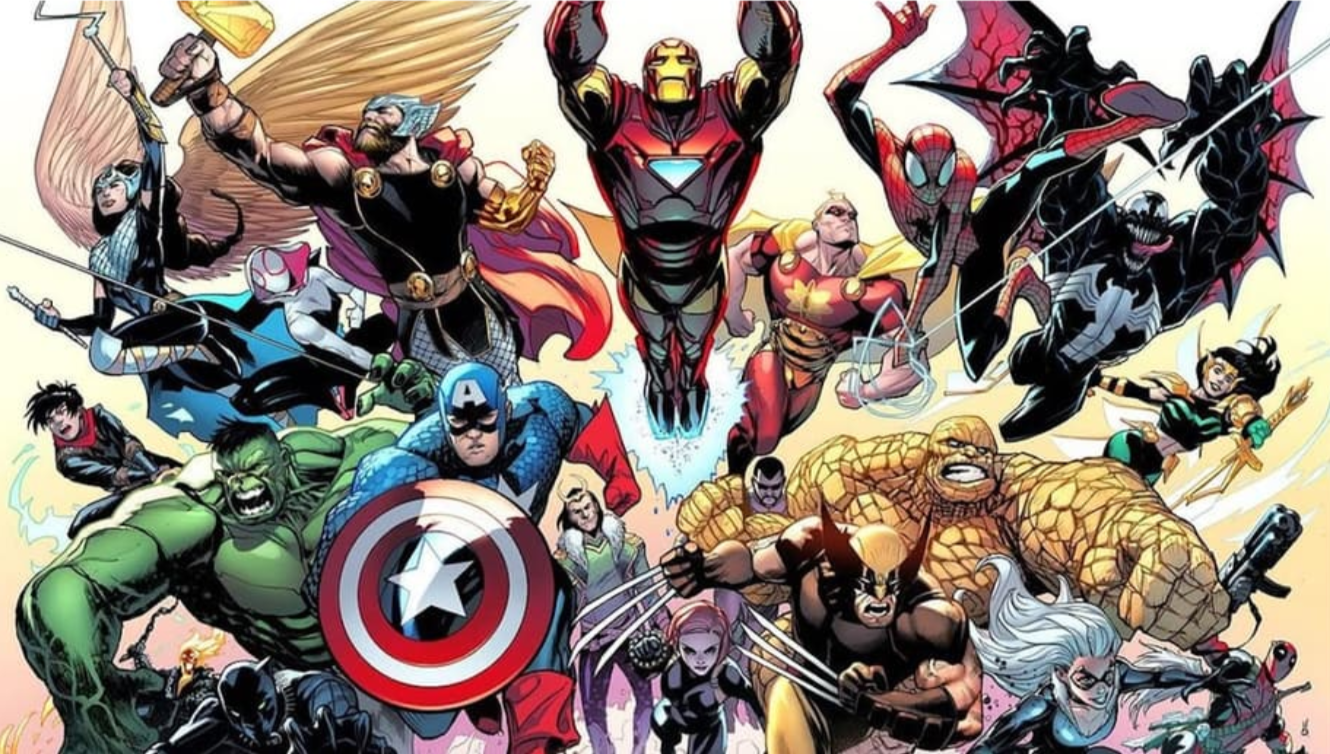In the already consolidated tradition of launching remakes of international comedies, it’s the turn of ‘A boyfriend for my wife’. Adaptation of the acclaimed Argentine hit of 2008directed by Juan Taratuto and starring Adrián Suar, Valeria Bertuccelli and Gabriel Goity, it was slow to arrive for its Spanish counterpart. A version directed by Laura Mañá and whose main actors are Diego Martín, Belén Cuesta and Hugo Silva.

Unlike the original version, Spanish adaptation avoids any Bergmanian conversation in front of a couple therapist and focuses on creating a cosmopolitan threesome which differs from what is expected of a premise, title and poster like the one you have. Here you can see some of the spirit of Taratuto’s film, which he also avoided the sitcom to create a dramatic comedy with sour undertones about the deterioration of marital relations and the man’s inability not to deal with the marital crisis so much who has lived for several years like the insane plan he draws, driven by a shameful lack of courage.
In this adaptation Mañá, who signs the screenplay together with Pol Cortecans, is betting on the narrative a story of fait accompli, in which the couple has reached a limit where it is already denoted how his vile character and his depression have led them to an emotional hole that the director interprets between a pleasant and comic tone and a dramatic and serious one. In between, the third is Discord, an old-fashioned dandy who tasted his own medicine by falling in love with a woman he didn’t love back. Here you can see what happens to the seducer after rejection. A trio of troubled characters who end up being the focus of the film, leaving the love storylines in a surprisingly discreet second place.

A romantic comedy that wants to be something more
On the one hand is a hit that seeks to tell romantic comedies with unusual depth, Mañá has already made an attempt with ‘I love you, imbecile’, a proposal that went beyond the usual canons of the genre. On that side, he is reinforced by actors dedicated to their roles. Belén Cuesta was the one who faced the biggest challenge, as she had to empathize the audience with an unsavory character who had sunk into a deep depression.even if it is difficult at first to get in touch with Lucía, it is the actress’s own charisma that breaks down that barrier, getting to know more deeply a wounded woman who is also an example of a generation disappointed by her own aspirations.

Cuesta has as a partner Diego Martín and Hugo Silva, both in similar roles to those they previously defended. The interesting thing is that both of them would have played the opposite rolebecause it would have been surprising to see Silva transformed into a gray man unable to face his responsibilities, with an excessively passive character and Martín as that disgraced seducer.
The result is a film different from what one would expect from a romantic comedy. However, missing a spark that ends to fascinate the public. In the end, it manages to cover so many topics (marital problems, age crises caused by professional failures, importance of speaking publicly about when you are not well, fear of rejection) which causes the feeling of being in no man’s land, especially in its knot, which is resolved in a way too conventional for what required a story whose twists invited something more risky. Mañá continues to progress adequately in romantic comedies, as happened with his previous proposal of the genre, It has to go further in order to offer something truly different from everything.
Note: 6
The best: The unexpected initial twist showing that this is a romantic comedy with a backdrop. The interpretation of Belén Cuesta.
Worse: It ends up staying in no man’s land, so much so that it is unable to hook fans of the genre or those looking for a different proposal from the conventional one.
Source: E Cartelera




.png)